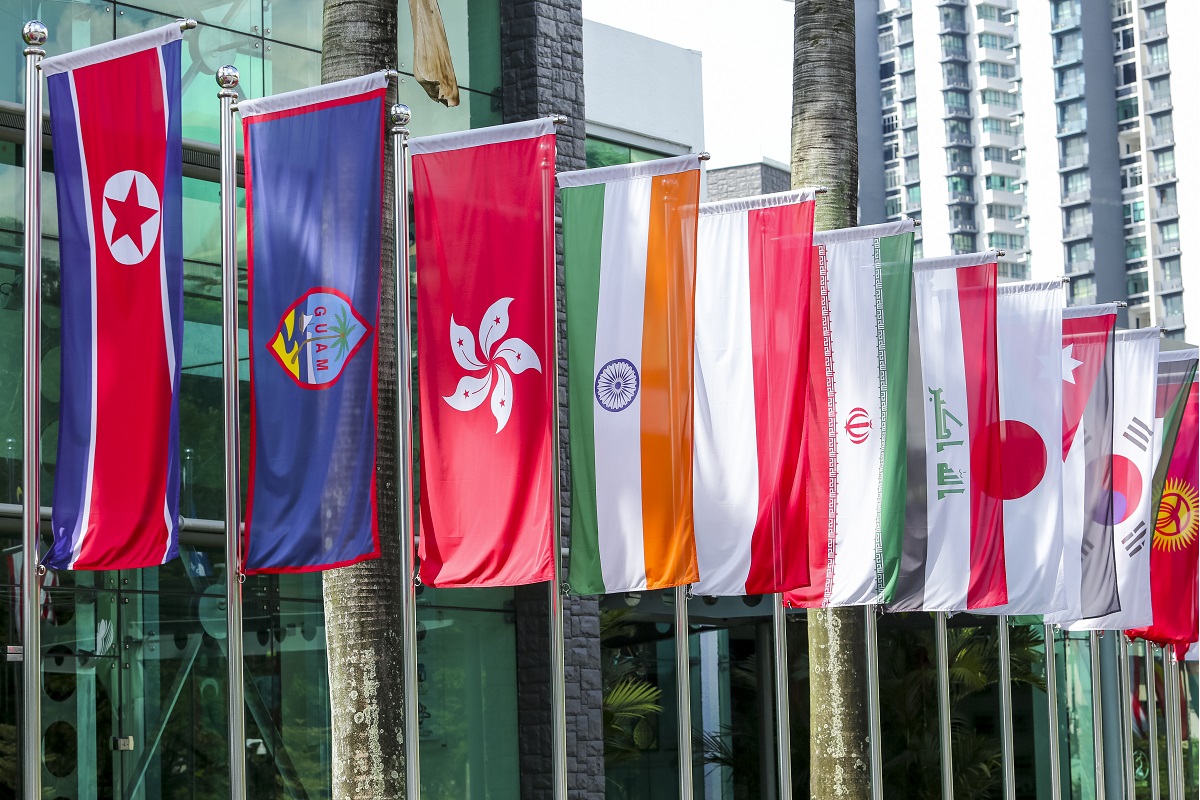US President Joe Biden is making a determined bid to smoothen the feathers of the Association of Southeast Asian Nations (ASEAN) ruffled of late by America’s strong advocacy of the Quad and the launch of AUKUS in the Indo-Pacific region. By hosting eight ASEAN leaders for a special summit In Washington, Mr Biden is signalling the realisation in the American policy establishment that the region is likely to be the stage for the most intense aspects of the USA’s looming confrontation with China and it needs to have all allies on board before that starts playing out. With a combined population inching towards 700 million, ASEAN’s 10 member-states together form the world’s fifth-largest economy with a GDP of $3.2 trillion. With Beijing’s aggressive efforts to achieve its strategic goals by doubling down on its territorial claims in the South China Sea, the Belt and Road Initiative (BRI), upgrading regional infrastructure, and regional trade agreements such as the Regional Comprehensive Economic Partnership (RCEP), Washington knows that given China’s location it is in pole position to control the pace and structure of intra-Asian integration.
Against this backdrop, the US-ASEAN relationship is vital. But, given the grouping’s clear desire to steer clear of anything resembling a security-military alliance which would pit members against the Chinese on whom their economic prosperity depends, Washington has had to turn to India, Australia, and Japan (Quad) and Australia-UK (AUKUS) to signal to Beijing that it’s not only about the economy. In doing so, however, the Americans succeed- ed in raising suspicions in Southeast Asia, which was anyway wary of the Quad in particular. Many ASEAN nations saw these moves as undermining the centrality of the grouping in the region.
Advertisement
As a part-palliative, the White House unveiled its “Indo-Pacific Strategy” in February 2022 in which a key theme was that the goal of creating a free and open, connected, prosperous, secure, and resilient Indo-Pacific cannot be achieved with Washington acting alone. To this end, the policy document stated, that the USA will “deepen long-standing cooperation with ASEAN” and engage on climate and other pressing issues while exploring “opportunities for the Quad to work with ASEAN”.
This reference to the Quad writes Jonathan Stromseth of Brookings, is related to parallel efforts by the Biden administration to expand the Quad’s focus beyond security to include a new vaccine partnership as well as working groups on climate change and emerging technologies. In this new framing, the Quad could become a source of public goods for Southeast Asia rather than a competitor in Asia’s dense patchwork of regional institutions. In sum, while the US-ASEAN summit is expected to concentrate on economic issues, it will also be an opportunity for the USA to reassure the regional grouping that it remains a key player in the Indo-Pacific with the other US-backed initiatives in the region playing a complementary role.









